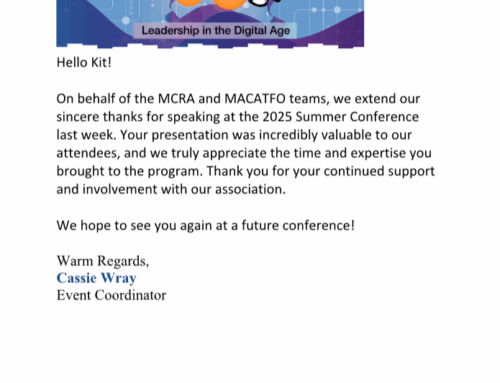People are hearing, but may not be listening. There are many types of non-listening behaviors.
Pseudo-listening, where it looks like you are listening, but you are not. It is an imitation of the real thing.
Another is stage-hogging. This is when a person, turns every topic of conversation to themselves, instead of showing interest in the other person.
Some people are selective listeners. They respond only to the parts of the conversation that interest them, rejecting or ignoring everything else.
Then there are insulated listeners. Instead of looking for something in the conversation, they work hard at avoiding it. Whenever a topic arises that they would rather not deal with, insulated listeners simply act like they didn’t hear it.
There are also defensive listeners. They look for the opportunity to take your innocent comments as personal attacks.
Then there are the ambushers. Ambushers listen carefully to you, but only because they are collecting information they will use against you, like an attorney and a cross-examination.
And finally there are the insensitive listeners. They are unable to look beyond the words and behavior to understand subtle or hidden messages. Instead they take a person’s remarks at face value without considering vocal or visual cues.
There is more to listening than just sitting there. Listening is more than hearing, and listening is more than picking and choosing what to pay attention to. To be successful, a professional needs to gather as much information as possible, from as many people as possible. That’s what listening is all about.
Check back to Welchlin.com every Monday for a new video blog.




